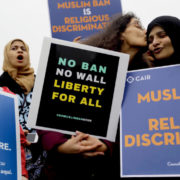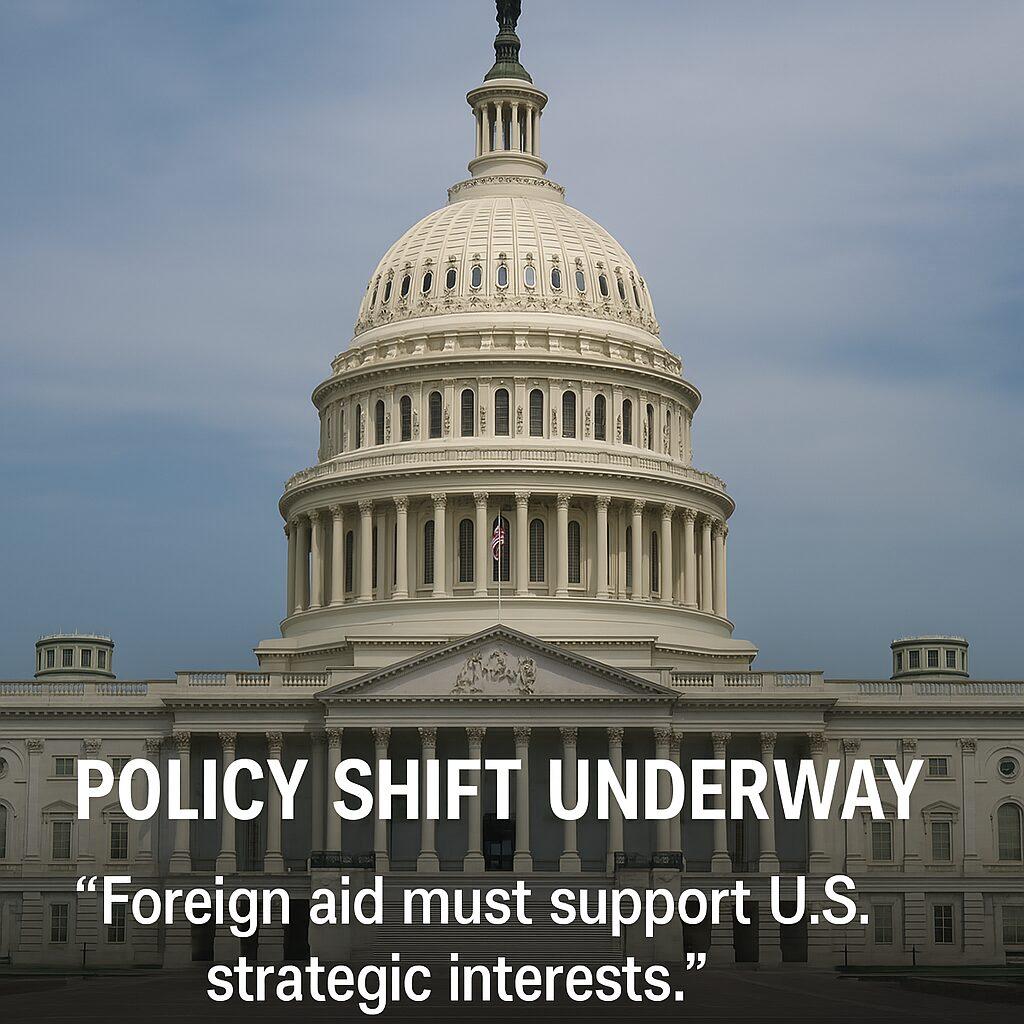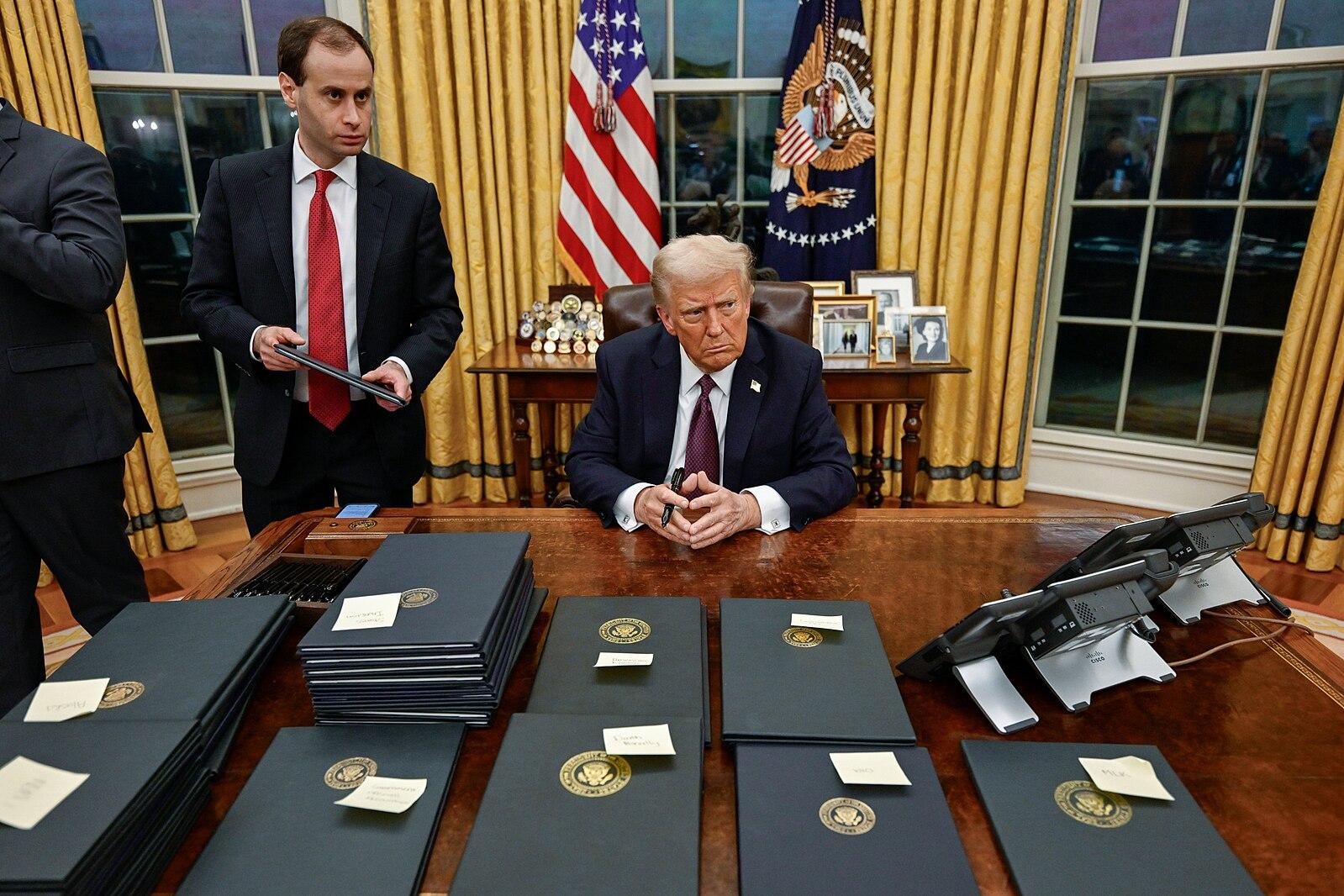After months of lower court battles, the third and current version of President Donald Trump’s travel ban reached the Supreme Court on Wednesday, April 25 where heated arguments revolved around the president’s power to issue the ban, and whether or not the ban was to be seen as motivated by animus.
Much like in the two previous versions, the ban’s third iteration bars travelers from five predominantly Muslim countries: Iran, Libya, Somalia, Syria, and Yemen. The ban is also extended to certain government officials from Venezuela, and travelers from North Korea. Chad was originally on the ban list, but was removed by the Trump administration earlier this month.
Central to Wednesday’s contentions were whether the president’s action was actually motivated by concern for national security, or by his personal beliefs.
Solicitor General Noel Francisco, who represented the Trump administration, made a number of assertions centered on the argument that the ban was “not a so-called Muslim ban.”
“If it were, it would be the most ineffective Muslim ban that one could possibly imagine,” said Francisco sometime during the oral argument.
Among Francisco’s arguments was that a significant amount of people from Muslim countries would still be able to enter the U.S.
Justice Stephen Breyer, an opposer of the ban, challenged Francisco’s claims and at one point, asked for numbers.
Roughly 400 people would still be able to enter, said Francisco.
Breyer responded, “That’s 400 out of 150 million.” Justice Samuel Alito joined in support, saying that the ban “doesn’t at all look like a Muslim ban.”
“Five predominantly Muslim countries are on this list. The population of the predominantly Muslim countries on this list make up about 8 percent of the world’s Muslim population,” Alito said. “If you looked at the 10 countries with the most Muslims, exactly one, Iran, would be on that list of the top 10.”
Refuting Alito’s analysis, Neal Katyal — an attorney representing challengers — said, “The fact that the order only encompasses some Muslim countries, I don’t think means it’s not religious discrimination.”
Katyal continued, “For example, if I’m an employer and I have 10 African-Americans working for me and I only fire two of them, I don’t think anyone can say that’s not discrimination.”
Challengers to the latest ban cited Trump’s Twitter posts and campaign speeches about Muslims as being indicative that his personal opinions of Muslims played role in the ban.
Trump’s tweets have hurt his arguments in court before. In a 9-4 ruling in February in the U.S. Court of Appeals for the 4th Circuit, the federal appeals court concluded that the third version of the ban was “unconstitutionally tainted with animus toward Islam.”
Challengers referenced the “words of the President” as “undisputed evidence” of anti-Muslim bias, with the 4th Circuit Chief Judge Roger Gregory citing the president’s “disparaging comments and tweets regarding Muslims.”
The second version of the ban was blocked by the U.S. Court of Appeals for the 9th Circuit in June of last year with judges citing a tweet by Trump from the same month that pointed to “dangerous countries” in justifying the ban.
Trump’s tweet weakened the government’s argument, the court argued.
On Wednesday, Justice Elena Kagan — an Obama appointee — presented for the court a hypothetical in which a “vehement anti-Semite” presidential candidate “says all kinds of denigrating comments about Jews and provokes a lot of resentment and hatred over the course of a campaign and in his presidency”, and later issues a proclamation that says “no one shall enter from Israel.”
Francisco called Kagan’s hypothetical “extreme”, but boldly said that if the president’s Cabinet were to inform him of a national risk, he could issue such a proclamation, “even if in his private heart of hearts he also harbored animus” — essentially saying that private citizen Trump and public President Trump should not be received the same.
Justice Anthony Kennedy — who some see as a possible tie-breaker for the ideologically divided court — also posed a hypothetical on Wednesday.
“Suppose you have a local mayor and, as a candidate, he makes vituperative hateful statements, and he’s elected, and on day two, he takes acts that are consistent with those hateful statements… Whatever he said in the campaign is irrelevant?” asked Kennedy.
Maintaining the argument to distance private citizen Trump and President Trump, Francisco said yes.
“We do think that oath marks a fundamental transformation, but I would also say here it doesn’t matter, because, here, the statements that they principally rely on don’t actually address the meaning of the proclamation itself,” said Francisco.
Chief Justice John Roberts questioned the statute of limitations on whether Trump’s campaign statements on immigration would hold him unable to address immigration indefinitely.





